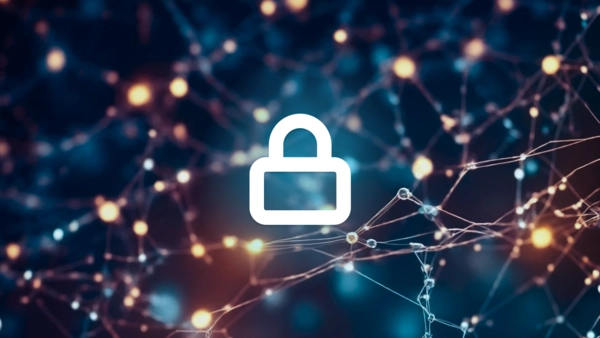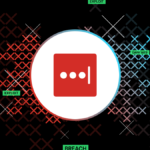Allianz Life has announced it suffered a data breach that impacted the personal data of the majority of its 1.4 million customers.
The company, a major provider of life insurance and annuities, is part of Allianz SE—one of the world’s largest financial services groups, serving more than 128 million people globally.
Here’s everything we know about the breach so far.
How did the Allianz Life breach happen?
In a media statement, an Allianz Life spokesperson confirmed that the breach took place on July 16, 2025, after a malicious actor gained access to a third-party, cloud-based CRM system through social engineering tactics.
“The threat actor was able to obtain personally identifiable data related to the majority of Allianz Life’s customers, financial professionals, and select Allianz Life employees, using a social engineering technique,” said the spokesperson.
Allianz says it acted quickly to contain the breach, notified the FBI, and has found no evidence that other company systems were compromised.
“Our investigation is ongoing, and we began the process of reaching out to individuals impacted with dedicated resources to assist them. This incident is related only to Allianz Life, which currently has 1.4 million customers.”
How has Allianz Life responded?
The breach first came to light through a mandatory filing with the Maine Attorney General’s Office on Saturday, where Allianz Life submitted a placeholder notice confirming the incident.
“The consumer notice will be provided once Allianz has identified the affected individuals,” the filing stated.
While the company has not commented on who was behind the attack—or whether a ransom demand was involved—online chatter suggests the breach may be linked to the ShinyHunters extortion group.
ShinyHunters is a well-known threat actor tied to a string of major data breaches, including recent attacks on PowerSchool and Snowflake customers, which affected companies like Santander, Ticketmaster, and AT&T.
Lessons learned
Like many security incidents, this breach appears to have started with human error. An employee—either at Allianz Life or the CRM provider—was tricked by a social engineering scam, giving attackers a way in.
While multi-factor authentication (MFA) can help, it’s far from foolproof. As seen in breaches at Twilio and Rockstar Games, determined threat actors can still bypass MFA using sophisticated social engineering techniques. Protecting access alone isn’t enough—organizations need to focus on protecting the data itself.
With runtime data security in place, Allianz Life could have detected and stopped the threat before sensitive information was exfiltrated. These solutions monitor behavioral signals like login patterns, data sensitivity, and user context to identify and block suspicious activity in real time—whether it’s accidental or malicious.
There’s also a bigger lesson here around training. Annual phishing e-learning isn’t cutting it. What employees need are real-time nudges that build secure habits as they work. That’s where tools like Polymer’s runtime data security come in. They combine data protection with human risk management—helping teams respond to threats in the moment, not after the damage is done.









